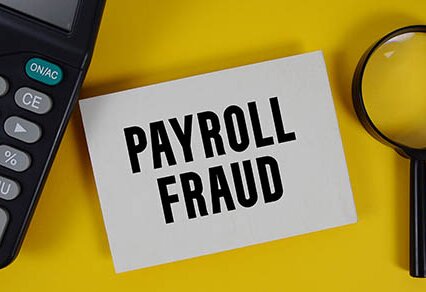Dispute prevention tips for contractors
Is your construction company’s bottom line suffering from project disputes? Let’s explore some ways to reduce conflict and position your business for success.



Is your construction company’s bottom line suffering from project disputes? Let’s explore some ways to reduce conflict and position your business for success.

When Accounting and Development teams clash, nonprofits pay the price. Learn how better coordination protects funding and strengthens your mission.

QuickBooks can do far more than basic bookkeeping. From payroll processing to third-party app integration, here’s how to optimize its capabilities.

If someone asked you, “What risks are most likely to disrupt your nonprofit’s mission?” … would you know how to answer? ERM can help.

Critical audit matters aren’t just relevant for public companies. Here’s how businesses of all sizes can benefit from clearer insight into audit risks.

Starting a business? Don’t let simple accounting and bookkeeping missteps derail your success. Here are some common pitfalls to avoid.

It’s audit season for calendar-year businesses. Are you ready? Here’s why auditors scrutinize accounting estimates and how you can prepare for audit fieldwork.

Construction business owners: Your accounting system should work as hard as your crews do. Here’s how to assess whether your current solution is keeping pace with your company’s needs.

“Ghost” scams, false expense reimbursement requests and cybercriminal diversions of direct deposit funds are all potential payroll fraud schemes that could profoundly harm your business. We explain how to help foil perpetrators..

Strong finance and accounting teams plan for leadership change … before it happens.

Performing adverse media screening on potential business partners is smart, not sneaky. Here’s how to get reliable insights and avoid legal risks.

If you think the use of data analytics is out of reach for your nonprofit, think again. Learn how your organization can benefit from a data-driven approach.